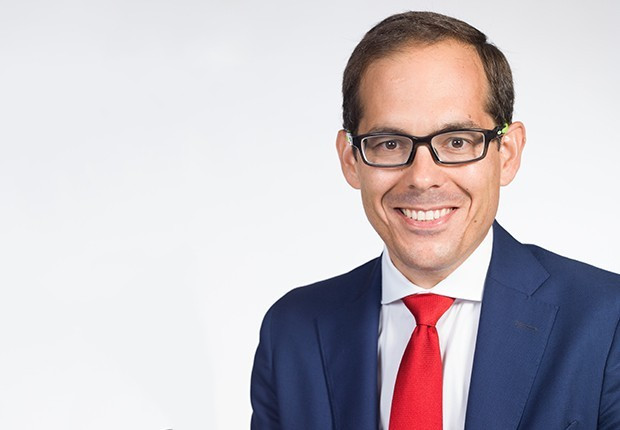The Copyright Directive has been in the hands of the European Parliament’s Council on Copyright in the Digital Single Market for more than two years and has been the subject of fierce lobbying from tech giants, copyright holders, and digital rights activists.
The controversy revolves around two articles:
• Article 15 (previously article 11) - which allows publishers to charge platforms such as news aggregators, a license fee whenever they display extracts of their news stories.
• Article 17 (previously article 13) - which makes online services like social media, legally liable for the content they host, so as to stop users from uploading copyrighted content. Essentially, the Directive aims to put an end to the free reproduction and repurposing (i.e. typically meme-content) of copyrighted material, as well as for artists and creators to be compensated on third-party use of their work.
The Link fee
This provision focuses mainly on news aggregators, which show extracts of news articles. Some of them have said that if publishers choose to charge license fees pursuant to the Copyright Directive, they will be forced to strip the content they show on those platforms.
A well-known news aggregator did a simulation of what its news platform would look like under article 15 (i.e. stripping pictures and preview text) and the results were shocking, as there was a 45% reduction in the flow of users following the links to read the stories.
The Upload Filter
Once Article 15 is transposed into domestic law, tech firms will need to ensure that all user-uploaded content is completely protected (e.g. through a license agreement), or else, they will have to seek consent from the rightful copyright owner.
Critics say this provision is unfair on small businesses whose start-up costs are already high, not allowing them to develop their own “upload filter”. In this respect, however, tech companies who meet the following criteria will be out of the scope for the directive:
• A startup that has been active for less than 3 years
• A website with an annual turnover below EUR10 million
• A website with less than 5 million monthly unique visitors
Understandably, the incommensurably burdensome task of checking each user-upload, will quickly drive tech companies to increasingly scale-back their services to the extent of dividing the internet by territories and adjusting the content and services available accordingly. In the most extreme cases, tech firms will simply choose to shut down their services entirely for certain territories.
On the other hand, it could very well happen that proactive tech firms decide to take the hard path of compliance in seeking an approach which enables them to preserve their European user bases. Such an approach would require them to negotiate deals with key media conglomerates, for instance, in order to keep their existing platforms and services operating without major changes.
The take-away
Details of legislation will have to be decided individually by each of the 28 EU member States as the next step requires the transposition of the Directive into domestic law within the next 2 years.
However, hope remains that the battle for a free internet is not lost because there is a conflict of laws that will have to be solved by the Courts. Furthermore, the Copyright Directive must be compliant with pre-existing regulations, such as the E-Commerce Directive (Directive 2000/31/EC) that bans any requirement to proactively monitor copyright enforcement.
Fernando Longares
Transfer Pricing Partner, Telecom Media and Technology Tax Leader, EY Luxembourg
